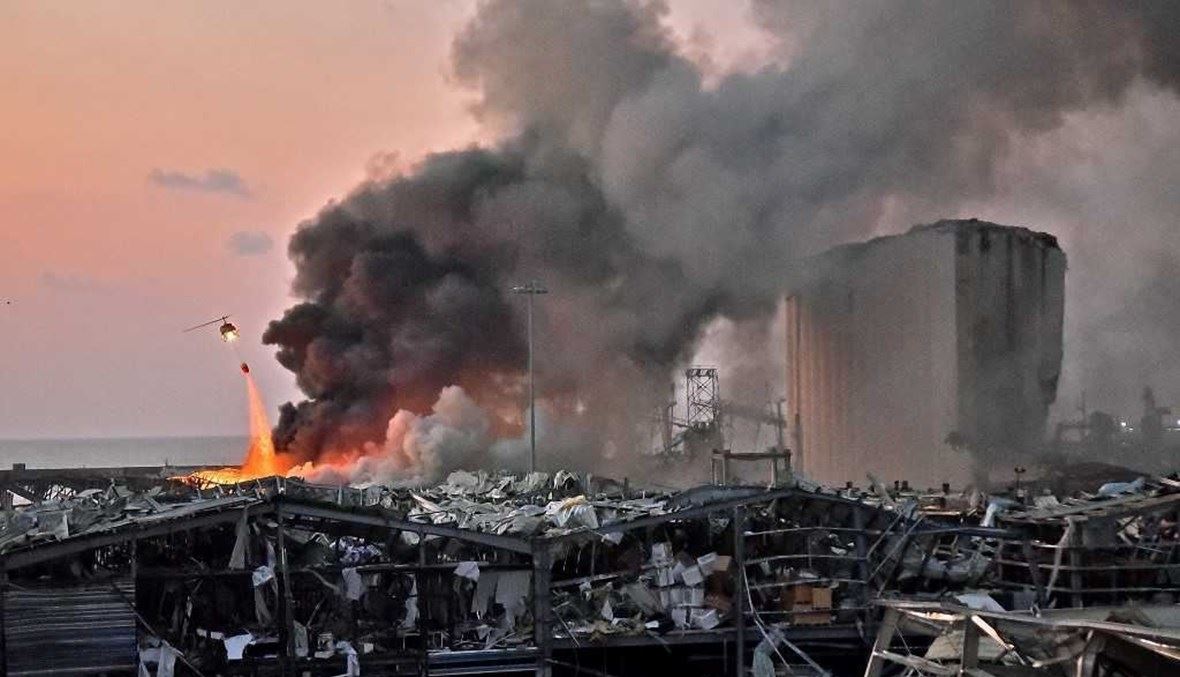People in Lebanon have endured horrible crises, from Beirut’s port massive explosion, economic collapse, severe depression, political deadlock, rising instability, and the Covid-19 pandemic. The Lebanese Pound has lost 90% of its value and the country’s annual rate of inflation is higher than that of Venezuela. 80% of the Lebanese people have been pushed into deep economic hardship and poverty which put them on the edge of survival. These interconnected issues and complexities changed and impacted every aspect of the whole education sector.
“In their own country, the dreams of my children are buried,” these were Mohammad’s words when he talked about his situation as a Public Highschool teacher in the south. “I am no longer able to provide for my wife and children. In addition, my sons and daughter are unable to pursue their studying at their universities; because I am unable to pay their tuition fees anymore,” he said. Mohammad’s salary is 3 million LBP which is $100 according to today’s exchange rate. This little amount of money is spent before the end of the month on food, medicine, water, and two electricity bills. Mohammad is an example of many other public school teachers who are finding it harder and harder every day to safeguard their children in this decaying country.
For Aseel as a full-time school teacher, it was way worse. Despite holding a master’s degree in English Language and literature and her dreams of a successful career in the field of education, she could not take it anymore with her teaching salary being around $30. Aseel and many other teachers at her school decided to be jobless than continue to live this nightmare. “I could not continue to work a job with a salary that cannot support my family on a financial level; I need to search for something else,” Aseel stated.
When it comes to the Lebanese University, the sole public university in Lebanon, the institution is on the brink of collapse. The economic and financial crisis is felt more deeply by its educators and staff members. Its faculties have been shaken by protests and strikes for many years. However, these demands and complaints of the poorly paid professors and staff have remained unanswered and have worsened nowadays. “The depreciation of the local currency curtailed the professor’s salaries from $2,500 to less than $200 a month” (Now Lebanon, 2022).
Many professors have been quitting teaching and are forced to seek supplementary sources of income since the start of the economic plight. One of many professors is Dr. Mohammad Abu Zaid, an IT professor who left teaching and chose to open a plantation. “Working on the plantation made me happier and more satisfied than working as a full-time instructor; I am now able to provide for myself and my family… Sometimes the worst situations in life turn out to be the best things that ever happened to us” Dr. Abu Zaid remarked.
Another living example is Dr. Ali Mhanna. After working at Lebanese University- Faculty of Sciences for more than twelve years, he is now obliged to work in a dairy factory just for the sake of securing a living.
The problems facing these educators show that they are taken for granted, promoted as resilient and innovative, for that it is assumed that they can adapt to whatever problems or challenges come their way.
Since the professors and teachers are not properly supported, huge impacts are extending beyond the classrooms. Not only their lives have been turned into an ordeal, but the students as well. Students are incredibly perceptive to the well-being of their teachers, so an educator’s working condition will always be linked to a student’s learning conditions. Thus in Lebanon, the future of thousands of students is now at risk because of the current poor educational system.
Because education: “means emancipation, means light and liberty, means the uplifting of the soul of man into the glorious light of truth, the light by which men can only be made free”, a better budget should be allocated to the public schools and UL to maximize their effectiveness in the face of an outrageously expensive educational system in the context of the current economic crisis.

